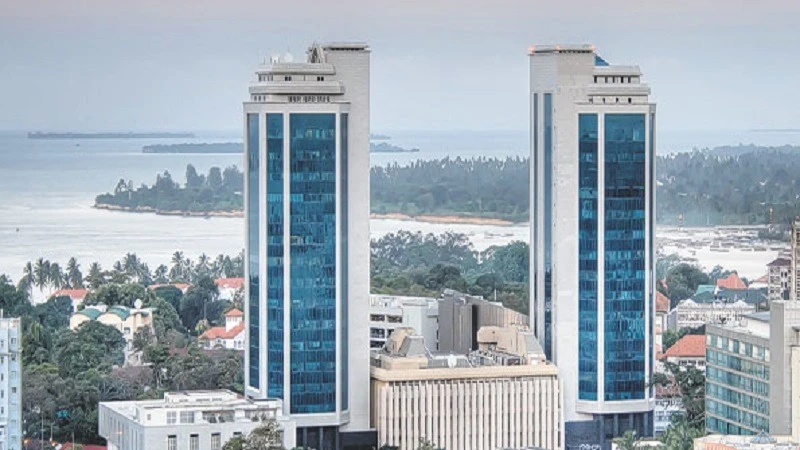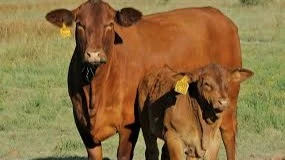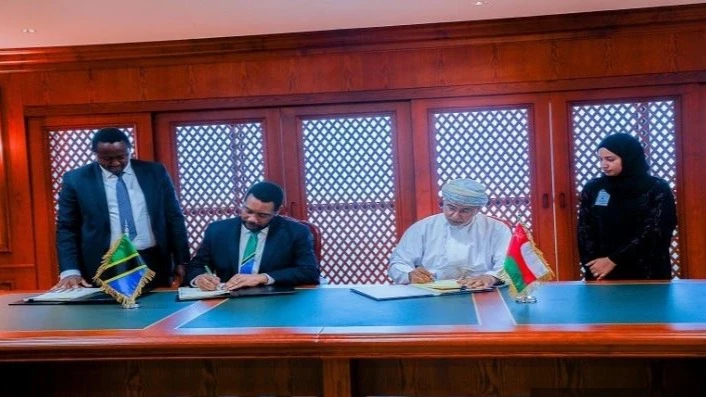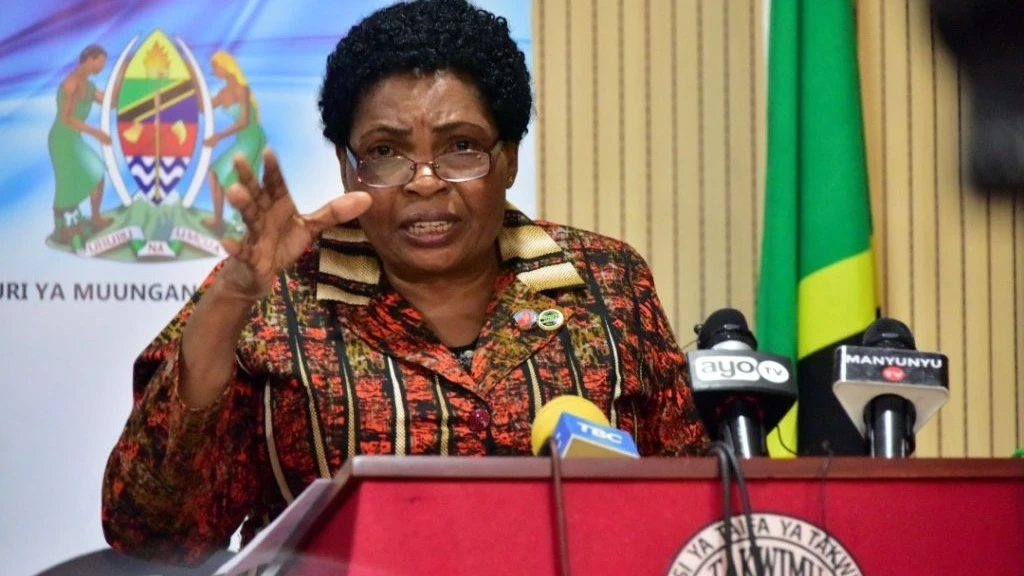EAC peace activism needs a reform aspect to really take hold as attitude
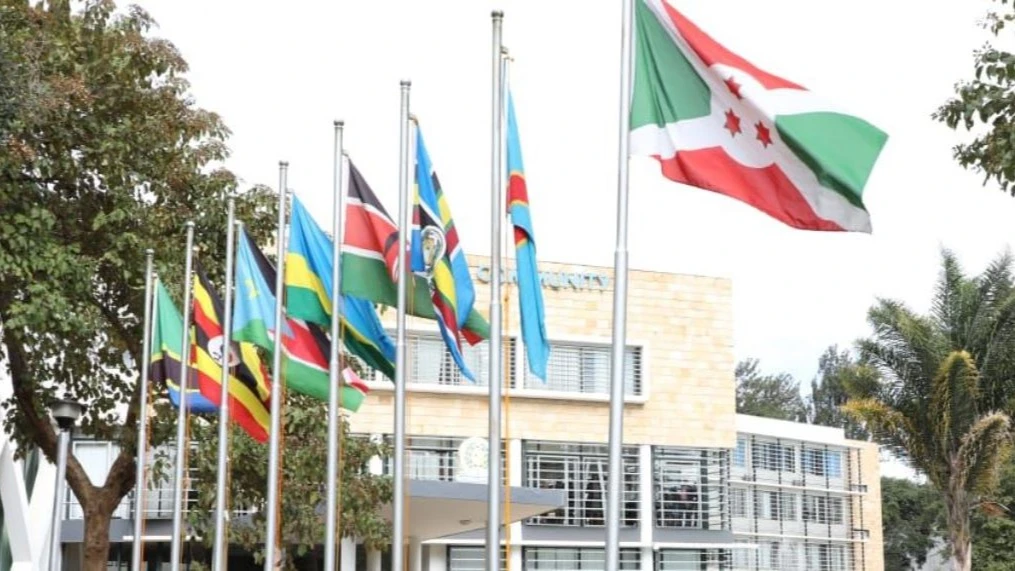
ACTIVISTS are making an effort to spruce up the image of a cattle-raiding triangle on the border reaches of Kenya, Uganda and South Sudan, where ‘warlike pastoralists’ are re-emerging as converging communities for long marked by rich cultural diversity and shared histories.
The issue comes up later when we hear that there are boundary disputes that have strained communal ties, thus disrupting peace, security and economic growth.
There is a problem with the whole notion of boundary as it applies to countries, while hunting communities or pastoralist groups scarcely recognise such boundaries.
Officials in the East African Community (EAC) secretariat with colleagues in the three countries have organised a week-long meeting of Ateker border communities.
The meeting, at the borderline town of Moroto in northern Uganda, was set to bring together Turkana and Karamojong as well as Toposa and Didinga elders alongside various local government experts.
The idea for the event apparently came up from resolutions of the first EAC Peace Caravan held in July 2023, and preparations have taken roundabout a year.
While the effort is a regional peace caravan, the more active sphere is internal, where tribes are restive in South Sudan and destabilise the government.
In Kenya it is a limited communal issue or itinerant cattle raiders, while much less of that is heard about Uganda’s level of pastoralist strife.
Here the trouble isn’t among pastoralists themselves but when they meet settled farmers, and similarly meet equally pugnacious adversaries among the conservation authorities, intolerant of trespass with large numbers of livestock.
It would be more than happy if the schedule of work the peace caravan resolutions are expected to facilitate sees the respective community leaders jointly launch a sensitisation programme focusing on peaceful coexistence, good neighbourliness and prosperity for border communities.
Similar ‘home-grown’ peace initiatives should be welcome across the sub-region. Success may not be too assured as there is no substantial respect for national agenda like conservation. Still, liaisons could play a meaningful role towards ensuring enhanced peace and harmony.
As officials working on the EAC peace caravan would say, the drive has promoted dialogue and confidence-building and is working to arrive at sustainable conflict resolution mechanisms.
They report that no major incidents of violence have occurred among the communities since the peace caravan was initiated.
They further affirm that the current mission builds on that momentum, focusing on dialogue in addressing presumed root issues such as land ownership, resource sharing and historical claims.
Hopefully, the organisers will see the need for individualised land titles and dam construction for cattle watering, even ability to buy land and employ people. This will boost the chances of seeing the communities live in peace – a landmark plus for all those behind the efforts.
Top Headlines
© 2024 IPPMEDIA.COM. ALL RIGHTS RESERVED









